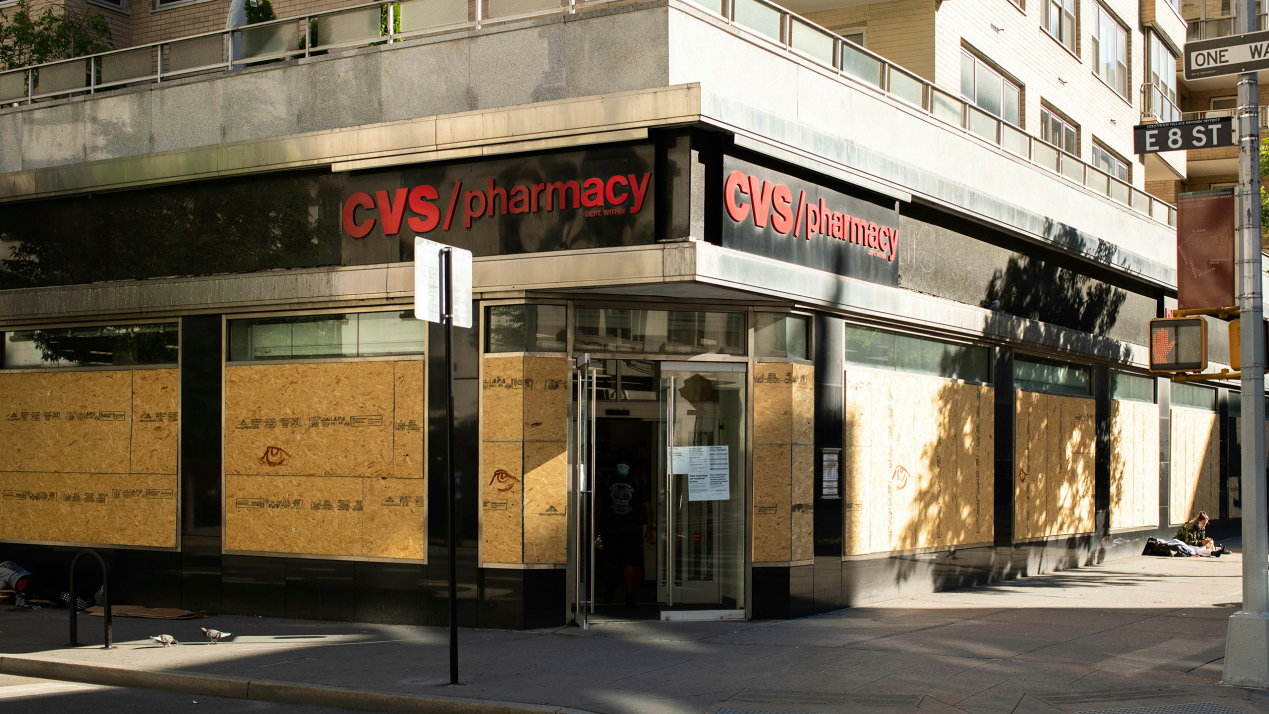
Why Skills-First Leadership Is Replacing the Ivy League Playbook in the C-Suite
The old prestige pyramid—where Ivy League degrees and blue-chip consulting backgrounds paved the way to the CEO seat—is cracking.

The closure of numerous Rite Aid, Walgreens, and CVS drug stores across the United States is giving rise to a troubling phenomenon known as “pharmacy deserts.” These areas, characterized by a lack of accessible pharmacy services, are disproportionately affecting underserved communities and raising concerns about healthcare access.
The proliferation of pharmacy closures can be attributed to several factors, including economic pressures, changing consumer behavior, and the increasing prevalence of online pharmacies. As retail pharmacy chains face declining profitability and competition from online platforms, they have been forced to consolidate their operations and close underperforming stores.
The closure of pharmacies has significant implications for public health. Access to prescription medications is essential for treating chronic diseases and other health conditions. When pharmacies close, patients may be forced to travel long distances to obtain their medications, which can be burdensome, especially for those with limited mobility or transportation options.
Pharmacy deserts can also adversely affect local communities. Pharmacies often serve as vital community resources, providing essential services such as vaccinations, health screenings, and over-the-counter medications. These services are lost when pharmacies close, leaving a void in the community.
The emergence of pharmacy deserts is particularly concerning in underserved areas, where residents may have limited access to healthcare services. These communities are often characterized by higher rates of poverty, chronic diseases, and health disparities.
Closing pharmacies can exacerbate existing health inequities and disproportionately impact vulnerable populations. Addressing this issue is essential to ensuring that all individuals have access to essential healthcare services.
Addressing the problem of pharmacy deserts will require a multifaceted approach. This may include government incentives to encourage pharmacy development in underserved areas, partnerships between pharmacies and healthcare providers, and increased investment in telepharmacy services.
By taking proactive steps to address the issue of pharmacy deserts, policymakers and healthcare providers can help ensure that all individuals have access to the essential medications and services they need to maintain their health and well-being.

The old prestige pyramid—where Ivy League degrees and blue-chip consulting backgrounds paved the way to the CEO seat—is cracking.

Loud leaders once ruled the boardroom. Charisma was currency. Big talk drove big valuations.

But the CEOs who make history in downturns aren’t the ones with the deepest cuts

Companies invest millions in leadership development, yet many of their best executives leave within a few years. Why?

The most successful business leaders don’t just identify gaps in the market; they anticipate future needs before anyone else.

With technological advancements, shifting consumer expectations, and global interconnectedness, the role of business leaders

Following a distinguished Law Enforcement career Joe McGee founded The Securitatem Group to provide contemporary global operational specialist security and specialist security training products and services for private clients, corporate organisations, and Government bodies. They deliver a wide range of services, including complete end-to-end protection packages, close protection, residential security, protection drivers, and online and physical installations. They provide covert and overt investigations and specialist surveillance services with a Broad range of weapons and tactical-based training, including conflict management, risk and threat management, tactical training, tactical medicine, and command and control training.

Jay Wright, CEO and Co-Owner of Virgin Wines infectious energy, enthusiasm, passion and drive has been instrumental in creating an environment that encourages talent to thrive and a culture that puts the customer at the very heart of every decision-making process.

Fabio de Concilio is the visionary CEO & Chairman of the Board at Farmacosmo, a leading organization dedicated to mental health and community support services. With a deep commitment to identifying and meeting customer needs, Fabio ensures that high standards are maintained across the board.

Character Determines Destiny – so said Aristotle. And David CM Carter believes that more than anything else. For David, it has been numerous years of research into codifying Entelechy Academy’s 54 character qualities that underpin everything he stands for as a leader and teacher.


Leave us a message
Subscribe
Fill the form our team will contact you
Advertise with us
Fill the form our team will contact you